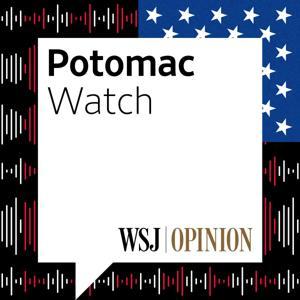As we approach the 250th anniversary of the Declaration of Independence, we recall the key principles that form America’s foundation. Of these, the “certain unalienable rights” the Founders declared are “life, liberty, and the pursuit of happiness.” Yet, the Founders saw “liberty” not as the freedom to do whatever one wants—but rather the freedom to act and live in ways that promote virtue.
How does this understanding of liberty apply to our classrooms? How does civil discourse and viewpoint diversity create space for students to be free to act in ways that promote virtue?
In this webinar, we’ll explore how the Founding concept of liberty, combined with principles of civil discourse, can guide discussions of challenging topics. Topics that will be covered include the problem of self‐censorship and the challenges of teaching content that some might find controversial, such as Mark Twain’s The Adventures of Huckleberry Finn. We’ll examine ways that educators can create spaces for students to courageously discuss the challenging ideas they encounter in a variety of texts (both historical and literary) while embodying the true spirit of liberty that the Founders envisioned.
This webinar will consist of three parts. The first part will be a 30‐minute discussion between Kobi Nelson and three exemplary Sphere alumni: Nancy Wickham, Shannon Edwards, and Megan Thompson. The second part will include a Q&A with participants, and the third part will dive into resources that teachers can use to facilitate healthy conversation habits that honor the principles of liberty, civil discourse, and viewpoint diversity. All who attend will leave with practical, tangible tools that can be applied in classrooms, and educators will be empowered to create democratic spaces that honor free speech in their classrooms and schools.
Hosted on Acast. See acast.com/privacy for more information.






































